JONES LAW GROUPYour Lawyers for Life! Personal Injury Law Firm in St. Petersburg
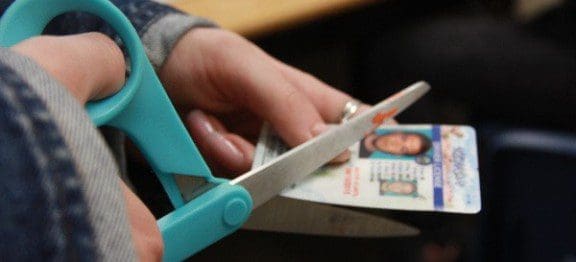
By: Heath C. Murphy + – Personal Injury Imagine the following scenario. You are driving along Park Boulevard in Pinellas Park and as you change lanes in order to make an approaching turn, another car rear ends your vehicle. He claims that you cut him off and slammed on your brakes. After the car accident, […]
Call our personal injury law office directly at (727) 512-9847
At Jones Law Group in St. Petersburg, FL, we would like to hear from you. Contact us for a free personal injury case consultation.
Call our personal injury law office at (727) 512-9847
Get educated on the Florida's personal injury laws and more.
By: Heath C. Murphy + – Personal Injury
Imagine the following scenario. You are driving along Park Boulevard in Pinellas Park and as you change lanes in order to make an approaching turn, another car rear ends your vehicle. He claims that you cut him off and slammed on your brakes. After the car accident, you learned that the other driver is unlicensed because of his failure to pay child support. Obviously, you will win this case, after all the other driver should not have even been on the road. If he was not breaking the law by driving there would have been no accident, right? It makes sense, but in reality the jury may never hear that this dead beat dad was not licensed. It is all a matter of admissibility.
Brackin v. Boles[1]
Brackin and Boles were involved in a car accident. Boles contended that Brackin caused the car accident by speeding. Boles was also able to show that Brackin did not possess a valid Florida license. At the time of the accident, Brackin’s license required him to have a licensed adult in the car when he was driving. There was no adult in the vehicle at the time of the car accident. The trial court did not allow the jury to hear evidence regarding Brackin’s lack of a valid Florida license. A verdict was returned for Brackin and Boles appealed. The appellate court reversed holding that lack of a driver’s license was admissible and it was an error to bar such evidence.
The case was appealed to the Florida Supreme Court. The Florida Supreme Court analyzed the claims of the parties. Boles position was that the car accident was caused by Brackin driving in excess of the posted speed limit. Brackin’s lack of a valid license unrelated to the cause of the accident. He was unlicensed merely because there was no licensed adult in the car at the time of the accident.
The Court stated that in order for the lack of a license to be admissible in car accident case, the violation of the driver’s license law must bear some causal connection to the injuries suffered by the plaintiff. The Court stated,
“In some situations the violation of such a restriction may be relevant to show the driver’s inexperience and incompetence in handling an automobile. In this case, however, Brackin’s experience and competence were not placed in issue. Moreover, the accident took place only a few days before Brackin’s seventeenth birthday and he had been driving for almost two years. Boles’ case did not rest upon Brackin’s inexperience, but rather upon the allegation that Brackin was exceeding the speed limit.”
Other attorneys have taken note from the Brackin case put the inexperience of the young driver at issue. The Court, in the above passage, seems to indicate that such an approach would be accepted in an instance where the facts supported the claim.
Lopez v. Wink Stucco[2]
Lopez was the passenger in a car being driven by an18 year old unlicensed driver. The 18 year old driver was making a left turn on US 301 in Ruskin, Florida. As he was in the process of making the left hand turn, a van hauling a cement mixer t-boned the Lopez vehicle killing her almost instantly.
At the trial, the 18 year old driver indicated that he was the third car in line to turn and turned, protected by a green turn arrow. Several eye witnesses backed his version events. The driver of the van stated that he was approaching the intersection and the light had turned green allowing him to proceed into the intersection. Several eye witnesses also back this version of events. The defense’s theory was that the 18 year old’s inexperience behind the wheel contributed to his misjudging the turn light.
The trial court allowed the defense to present evidence to the jury that the 18 year old driver was unlicensed. The jury returned a verdict for the defense which was appealed by the plaintiff. The plaintiff appealed, relying upon the Florida Supreme Court’s decision in Brackin which I discussed, above. The appellate court held that the trial court correctly analyzed and applied the law in allowing the jury to receive evidence regarding the 18 year old’s lack of a valid driver’s license. The appellate court noted that,
“In this case, Wink Stucco’s theory of defense was that Rivera was an unlicensed driver without sufficient experience to safely judge whether he had enough time to make the left turn in front of the white cargo van. In support of this theory, Wink Stucco presented testimony that Rivera followed other cars into the intersection after the green arrow went off and made a left turn directly in the path of the white cargo van. Rivera was eighteen years old and had only driven occasionally since he was fifteen or sixteen because his parents did not like for him to drive their car. Wink Stucco also presented testimony that the white cargo van had the right of way with a solid green light, was not speeding, and did not have enough time to avoid the collision. While there were factual disputes at trial, Wink Stucco’s evidence and theory of defense established the requisite causal connection to support the admission of evidence that Rivera was an unlicensed driver.”
While the defendant prevailed in this case, it was far from a clean decision. One of the appellate judges felt compelled to write a dissenting opinion. In that dissent, he challenged the majority acceptance of the speculative acceptance of the defense’s theory. In his mind, the accident was no more related to youth and inexperience than the Brackin case and that the defense had failed to produce any evidence that the 18 year failed to properly control his car or drove erratically. The defense merely assumed that an inexperienced driver was incapable of judging a green light.
Original Scenario
If we go back and revisit the original hypothetical, the admissibility of that case is fairly clear. The argument that the car accident would not have occurred had the unlicensed driver not driven will not be persuasive. In order to be admissible at trial, your attorney will have to show that violation of the law which caused the license to be suspended has a causal relationship to the accident. In this case, it seems unlikely that any court will buy the argument that being a dead beat dad is related to rear end car accidents. So, as much as you want the jury to hear that evidence… it will be unlikely that they ever hear it.
Have you or a loved one been injured in a car accident? Contact an experienced St. Petersburg car accident lawyer at Jones Law Group today. When you contact our law firm we will immediately set an appointment where you will meet your attorney and be provided with his/her personal contact information. If you do not have transportation or you cannot drive, your attorney will travel to meet you and discuss your case with you. We understand traumatic brain injuries and the issues that they can cause in your daily life and our law firm will always work to make sure you are compensated fairly.
Whether you were a pedestrian, a bicyclist, or the occupant of car, motorcycle or boat and have been injured in an accident, you should immediately call an experienced car accident attorney in St. Petersburg at Jones Law Group at (727) 571-1333 during regular business hours or (727) 753-8657 on weekends or after regular business hours. We will evaluate your case for free and you will never pay us a dime unless we recover compensation for your injuries.
Jones Law Group
5622 Central Avenue
St. Pete, FL 33707
References:
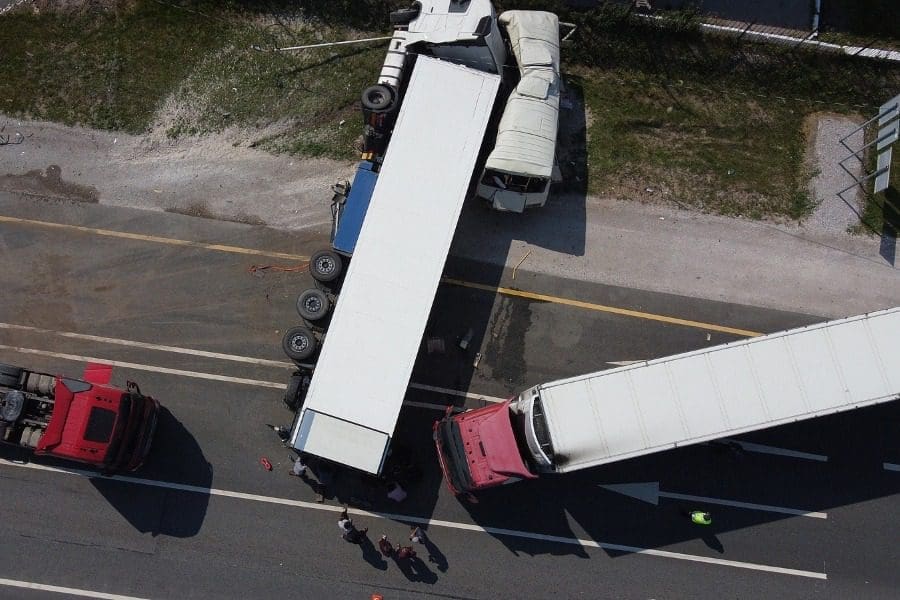
While any kind of car accident can be serious, of course, a truck accident usually leads to devastating results. The sheer size difference between a truck and the typical passenger car exposes car drivers and passengers to much stronger forces – and to much more severe injuries. The effects of these injuries can last a […]

Here’s a recap of what to expect when you meet a personal injury lawyer to discuss your case. Summary Dealing with a personal injury can be overwhelming, especially when it comes to understanding your legal rights and options. This is why a free consultation with a personal injury lawyer is an invaluable tool. At Jones […]
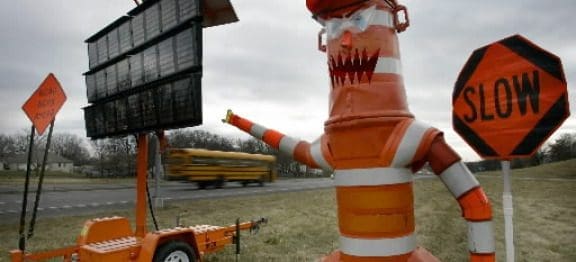
By: Heath C. Murphy + – Personal Injury The road conditions are a major factor in many car accidents. Road conditions such as decaying shoulders, potholes, defects in the pavement and improper/inefficient maintenance of traffic are concerns that must be constantly addressed. In order to address these issues it is necessary that roads be maintained, […]

The owner of a property, regardless of whether it is a business or private residence, has certain duties that he owes to all that enter the property. The duties owed depend upon the circumstances and classification of the visitor. The injured party in a premises liability case will be expected to prove that the owner […]
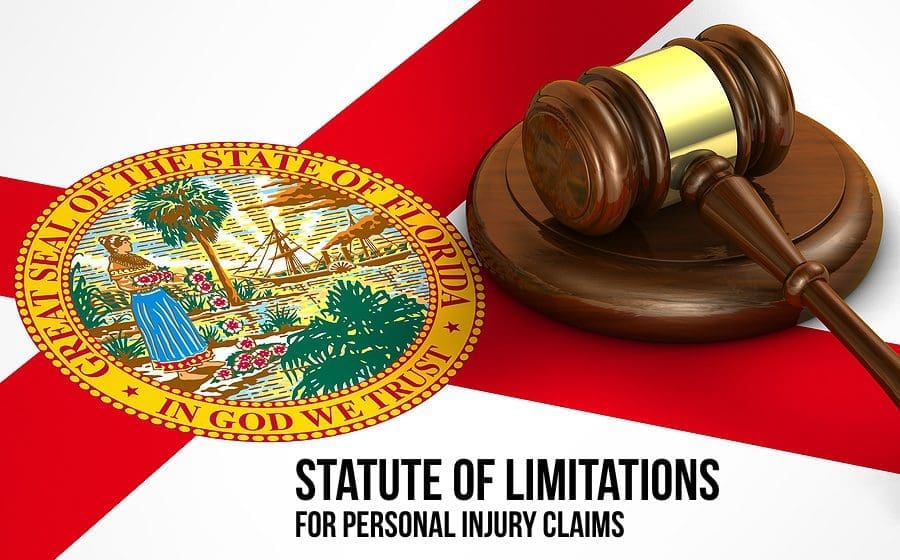
When it comes to going after compensation for a personal injury, no one wants to wait longer than necessary. But the reality is it could end up on the back burner while you’re juggling treatment and your everyday life. Or it may have taken weeks or months to realize the extent of your injuries. While […]
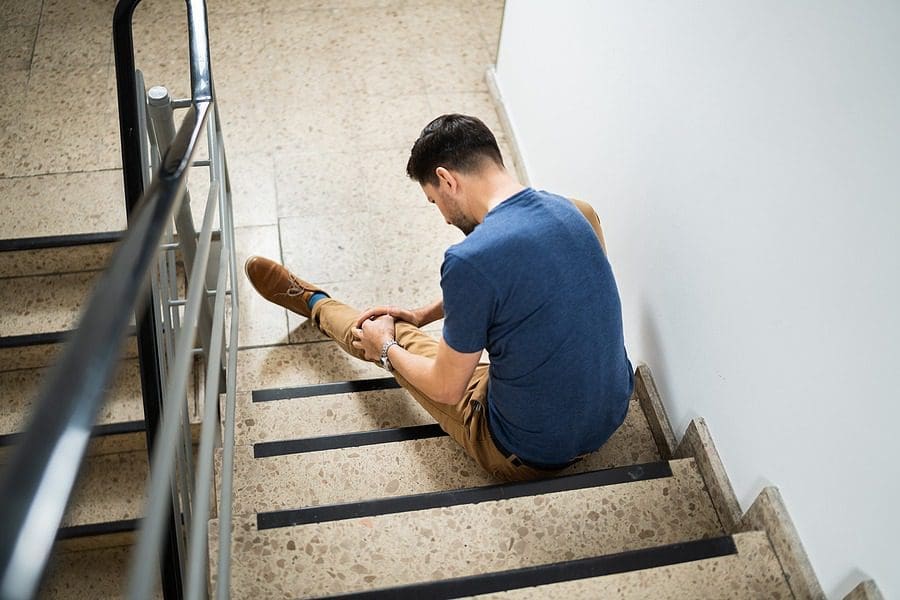
Without the proper safety measures, a staircase can cause serious injury. The result for some injured individuals is large medical debt, lost wages, and a drastic change to one’s quality of life. Slips and falls are extremely common, accounting for over 8 million hospital emergency room visits each year (the leading cause of visits). Falls […]
Speak with us before time runs out! In Florida, you have a limited window to file a personal injury case, so speak to an Attorney today.
Call our personal injury law office directly at (727) 512-9847
Jones Law Group is a dedicated personal injury lawyer in St. Petersburg, FL, serving the Tampa Bay area since 2006. Our experienced attorneys specialize in car accidents, slip and fall cases, employment law disputes, construction law issues, and overtime wage claims, fighting for maximum compensation on a contingency fee basis. Contact us for a free consultation to discuss your case.
Call our personal injury law office at (727) 512-9847
© Copyright 2006–2025 Jones Law Group Attorneys at Law. All rights reserved. Privacy Policy Terms of Use
Attorney Advertising.
The information on this website is for general information purposes only. Nothing on this site should be taken as legal advice for any individual case or situation. This information is not intended to create, and receipt or viewing does not constitute, an attorney-client relationship. Past results do not guarantee similar outcomes.
Are you injured or wronged and interested in a consultation? Fill out the form for a free consultation with us.